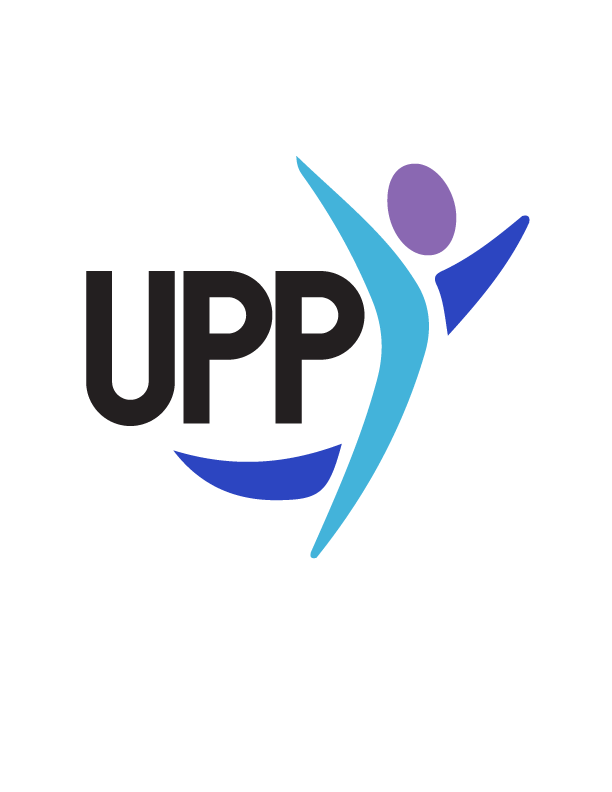WEEK 15- Mindsets (Favourite Mistake)
PERMAH Element
Accomplishment
Teachers to read and facilitate the following:
Rationale
What we believe about our intelligence and talent is very important to our learning - whether we think we can grow and improve through practice, or whether we have fixed traits that can’t be improved. These beliefs are called a growth mindset or fixed mindset. A mindset can be changed. Through the research in neuroscience we understand that we do not have a set, unchanging amount of talent. We are born with a certain amount of intelligence (albeit not very much), but through learning and effort we can improve. People are not born walking and talking- these are skills we learn over time, as our brain adapts and our neural pathways grow. If we have a fixed mindset, we have no reason to try to improve. However, with a growth mindset we want to build and strengthen neural pathways by focusing our efforts. When we have a growth mindset, we understand that our talents and abilities can be developed through effort, good teaching and persistence (Dweck, 2006). Whereas those with a fixed mindset tend to avoid mistakes and setbacks, those with a growth mindset understand that mistakes and setbacks are a natural part of learning- they use their mistakes to point out what they need to do to learn more and become better.
Description of Personal Wellbeing Practice: Favourite mistake
OPTIONAL REVIEW OF LAST PEP- Discuss with one person in your class how you went over the last week attempting to brush your teeth with the opposite hand. Did you notice any improvement?
Share your favourite mistake of the week. While we normally don’t enjoy making mistakes, “your favourite mistake” of the week is the one that you learned the most from. (e.g. you mistreated someone- and then learned that there was a better way to respond; or, you got a few answers wrong in maths- and then when you reviewed the work, you learned that you missed a step in the working).
Main message:
“Mistakes don’t make us better. Learning from mistakes makes us better.” Luke McKenna
UPP’s Personal Wellbeing Practices
A Personal Wellbeing Practice (PWP) is an evidenced-based positive psychology intervention, applied in school communities or other educational settings. At UPP, we have tried to make these PWP’s simple, concise and relevant for students and their teachers. The six elements for the Personal Wellbeing Practices are: Positive emotion (P); Engagement (E); Relationships (R); Meaning (M); Accomplishment (A); and, Health (H).
We hope that these evidence-based tools of positive psychology will enhance help people to thrive and live their best life, both within and beyond the school gates.
For more activities like this (and much more), check out THRIVE Online Lesson Modules for Pastoral Care and Wellbeing.
Unleashing Personal Potential

